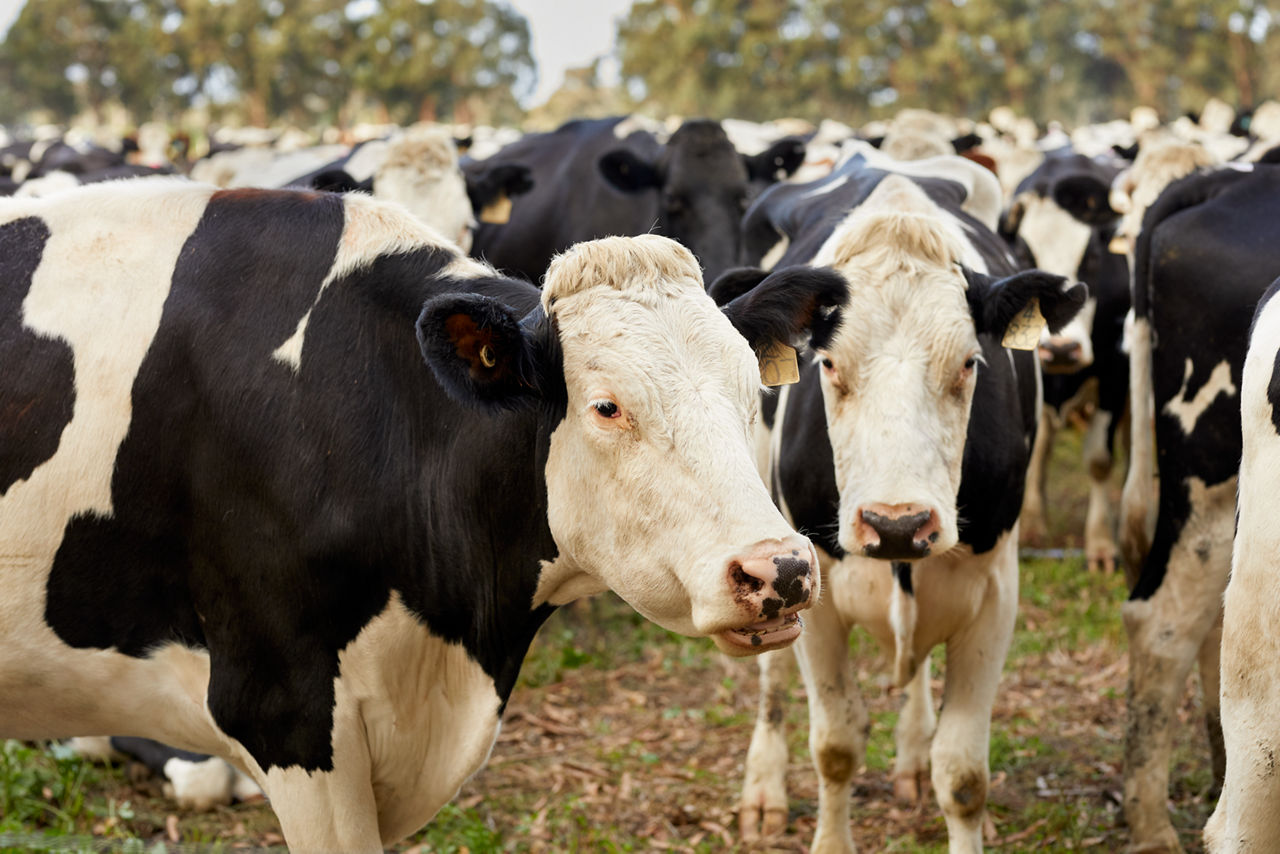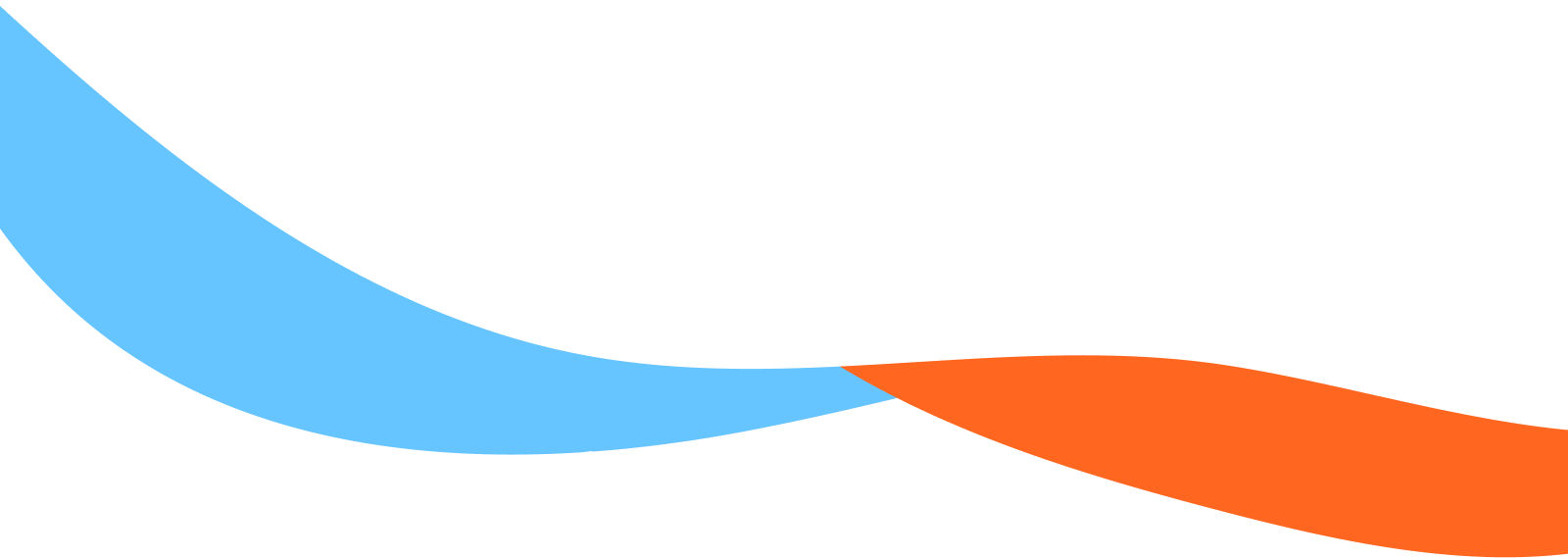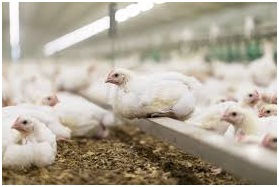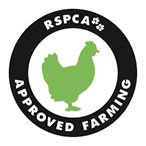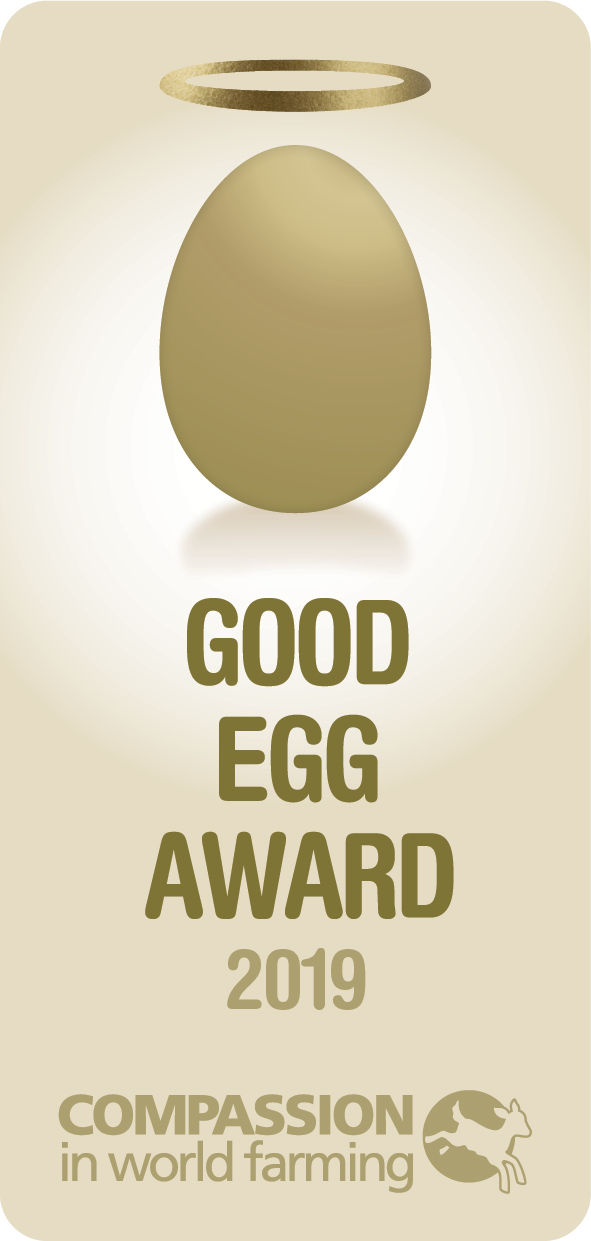Governance
Our animal welfare commitments are underpinned by our animal welfare policy and strategy. The Sustainability Committee of the Board of Woolworths Group Limited has a Charter which details the committee’s duties. Animal welfare is included under the Environment section.
The Sustainability Committee is responsible for reviewing the effectiveness of Woolworths Group’s Sustainability policies and initiatives, including animal welfare. Woolworths’ senior management has accountability for managing farm animal welfare as part of the governance of our sustainability program, through regular Sustainability Steering Committee meetings. We publicly report our progress on animal welfare annually in our Woolworths Group Sustainability Report. We hold regular meetings with our senior team to review our progress across animal welfare in the protein space.
Policies
We are committed to the health and welfare of the animals within our supply chain. We are working with our suppliers and farmers to drive improvement and influence best practice. Woolworths' animal welfare standards cover all practices from animal rearing, health, welfare, feed, production systems, environment, stocking density, through to transport and slaughter. Our policies apply to all species used in our Own Brand products and are implemented through our Woolworths Supplier Excellence Audit program which covers all business units. The Supplier Excellence Audit program is a series of audits suppliers need to successfully complete based on a variety of Codes of Practice developed by Woolworths. This ensures the consistent supply of safe, ethical, quality and legally compliant products. All our Own Brand suppliers receive regular training around our standards. In addition, all abattoirs are independently audited by a third party to the relevant sector requirements detailed in our animal welfare policy.
Implementation
Woolworths’ Own Brand suppliers must adhere to our policies and procedures. Our Animal Welfare requirements are included in our product briefs and brand guidelines and form part of our contractual obligations with suppliers. In addition to this, all suppliers must be part of a third-party assurance scheme as well as being audited against Woolworths Codes of Practice within the Supplier Excellence Program. These measures are reported through our internal audit programs to the Sustainability Team and the relevant commercial and technical teams. More details can be found below about the sector-specific requirements.
Management
Day to day, animal welfare is managed by our Planet Team withing Group Sustainability. Woolworths teams regularly assess and analyse to ensure compliance and track progress against our commitments. It is the responsibility of the Planet Team and relevant category team members to investigate and resolve any non-compliances and ensure these are closed out correctly and promptly. Appropriate action will be taken on suppliers who are not complying to our standards and expectations. Actions taken could include enhanced auditing for consistent poor performers, or additional technical support or training. In serious cases suppliers will be excluded from supply.
Additional Animal Welfare Requirements for Suppliers
Data Recording of Welfare Metrics
Our suppliers must record progress against Welfare Outcome Measures (WOMs) and supply data as required (the frequency of data collection has been defined for each species). These outcomes help us identify animal welfare issues concerning physical, mental and behavioural wellbeing. This data is used to allow us to quantify our performance and measure continual improvement within our supply chains. Some of the data metrics captured include injured animals, transport time, slips, trips, falls and vocalisation and dead-on arrival (DOA’s). The data metrics collected are species specific. In addition to this, we also collect data about our supply chains through supplier audits, on-site visits and regular supplier animal welfare questionnaires.
Processing Site and Abattoirs Requirements
All our processing plants for beef, lamb and pork must be independently certified annually by the Australian Livestock Processing Industry Animal Welfare Certification System (AAWCS) as well as meeting our own Woolworths standards for our abattoirs which covers animal welfare across transport, lairage and slaughter. Both audits are conducted by an independent 3rd party certification body, results are reported to the Woolworths team including the Planet Team and Greenstock Processing Team and any non-conformances are actioned immediately by the supplier.
The AAWCS best practice standards cover all aspects of animal welfare, from receival of livestock at the establishment to the point of processing. The standard covers planning, procedures, facilities, equipment, training and livestock handling; including minimising stress and injuries all helping to prevent or mitigate risks to animal welfare.
All our poultry sites are audited annually to the RSPCA Approved standards.
In New Zealand all abattoirs are licensed and independently audited by the Ministry for Primary Industries.
Animal Welfare Training
Woolworths Team Members
We see training our people as a crucial part of helping deliver our animal welfare commitments and requirements. All those involved in handling live animals must be appropriately trained, including Woolworths staff. Our suppliers and farmers must meet the training requirements within industry standards and meet any additional requirements within any independent standards which are applicable.
The Planet Team provides training to team members in the animal welfare space. We hold regular training sessions around animal welfare for our team members concerning the overview of policy and commitments, changes in policy, and updating of standards. In addition to this, job changers or new starters who are going to be working in the protein area will also have training in the requirements for that area.
We provide content for our store team members who are involved in the selling of protein products around the sourcing criteria which includes the animal welfare standards so that they can communicate our progress and ambitions in improving farm animal welfare.
Supplier Support
We believe collaboration with our suppliers will help achieve the best outcomes. We actively engage with our supply base through on-site visits, training on our standards and training through our supplier platforms. Our Planet and sourcing teams, including the Greenstock Livestock Sourcing Team, make regular visits to our farmers and suppliers. These visits support them on the implementation of our sourcing requirements including our animal welfare policy and procedures. Any issues on these visits regarding animal welfare will be raised to the Woolworths Planet Team as well as the senior team at the supplier. We regularly meet with suppliers to discuss and ensure they are either maintaining or working towards our prescribed standards and identifying opportunities where further support from Woolworths or its partners may be required. Woolworths also hosts a variety of supplier updates across the year where Quality, Commercial, and Sustainability teams update on progress and any new requirements.
